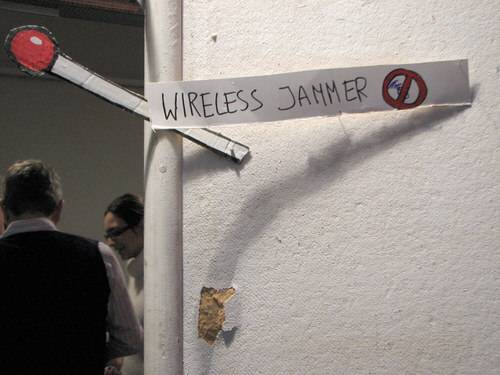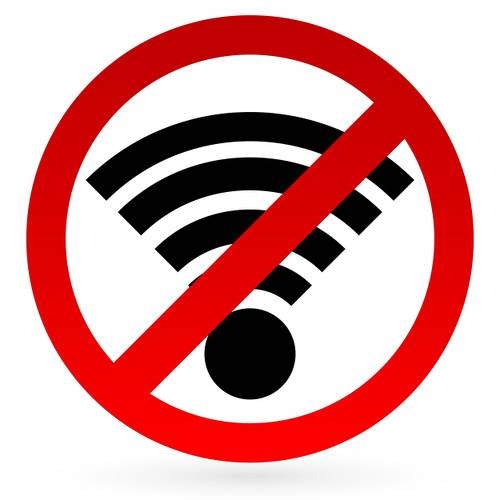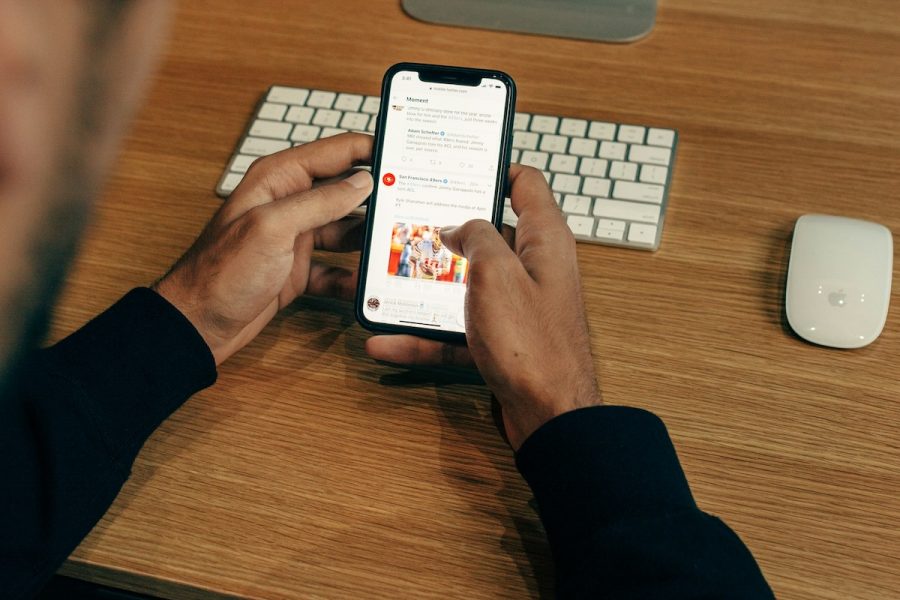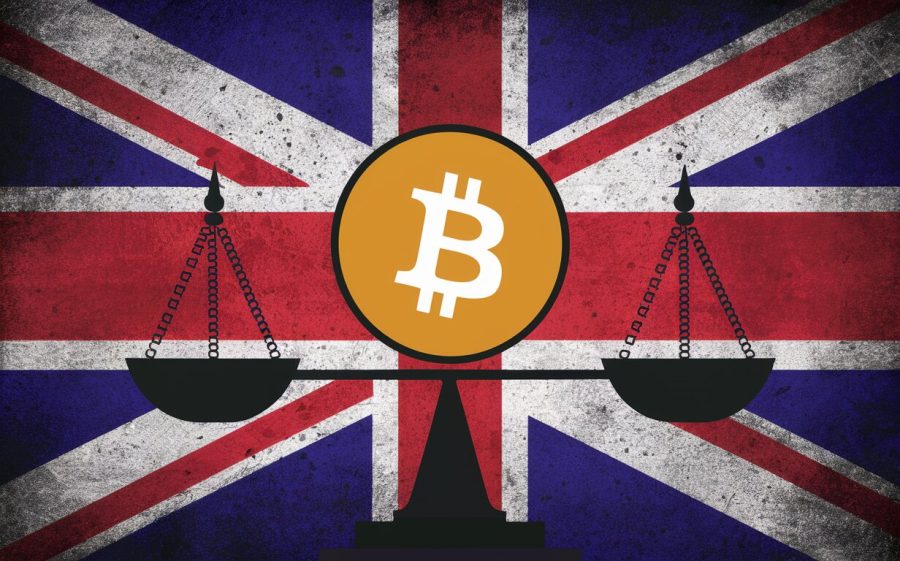The message from the Federal Communications Commission is loud and clear: Do not mess with people’s access to the Internet. That’s a lesson it’s trying to teach the wireless carriers and, it turns out, hotels too.
According to the FCC, Marriott’s Gaylord Opryland Hotel and Convention Center intentionally used Wi-Fi jamming tactics on its own guests. The interference made it impossible for people to use their own personal hotspots, leaving Marriott’s costly Wi-Fi as the only other option. In response to the investigation, the hotel agreed Friday to pay a penalty of $600,000 and promised to stop its signal-blocking activities.
But that’s as close as it has come to an apology.
Despite getting caught in this mafia-worthy shakedown and consenting to pay the fine, the hotel doesn’t admit any wrongdoing. Instead, it offers this excuse: We’re squashing guests’ Wi-Fi because we care about our security and theirs.
Where You Can Go And Disconnect
According to the FCC’s filing, the Marriott location’s Wi-Fi-blocking activities were discovered last year, when an event attendee noticed the dead zone in the hotel’s convention center.
[A] complainant alleged that the Gaylord Opryland was “jamming mobile hotspots so that you can’t use them in the convention space.” Marriott has admitted that one or more of its employees used containment features of a Wi-Fi monitoring system at the Gaylord Opryland to prevent consumers from connecting to the Internet via their own personal Wi-Fi networks.
CNN reports that Marriott didn’t use a typical wireless-signal jammer, which the FCC defines as a radio frequency device that illegally interferes or impedes with “authorized radio communications.” The news outlet spoke to a senior FCC official, who said that staffers used the hotel’s own Wi-Fi system to interfere and dampen outside signals.

However, details in the commission’s filing clearly shows that some specialized equipment from a third-party vendor was used:
Marriott operates a Wi-Fi monitoring system manufactured by a third party that was installed at the Gaylord Opryland. Among other features, the system includes a containment capability that, when activated, will cause the sending of de-authentication packets to Wi-Fi Internet access points that are not part of Marriott’s Wi-Fi system or authorized by Marriott and that Marriott has classified as “rogue.
Either way, the result is the same: All Wi-Fi, other than Marriott’s own, was blocked. And its fee for access ran up to a hefty sum—as much as a thousand dollars in the conference center.
“It is unacceptable for any hotel to intentionally disable personal hotspots while also charging customers and small businesses high fees to use the hotel’s own Wi-Fi network,” FCC Enforcement Bureau Chief Travis LeBlanc said in a statement. “This practice puts customers in the untenable position of either paying twice for the same service or forgoing Internet access altogether.”
Marriott Responds

According to Recode, a Marriott rep shrugged off the accusation with this excuse: Jamming external Wi-Fi signals protects the hotel’s own “from rogue wireless hotspots that can cause degraded service, insidious cyber-attacks and identity theft.” The rep went on to say:
Like many other institutions and companies in a wide variety of industries, including hospitals and universities, the Gaylord Opryland protected its Wi-Fi network by using FCC-authorized equipment provided by well-known, reputable manufacturers.
That’s not exactly a mea culpa. Signal interference amid numerous wireless connections can be an issue, but when it comes to security, piling loads of strangers onto a single network usually poses more risks, not less. As for the “everyone else is doing it” excuse, Marriott may not realize that the FCC doesn’t take too kindly to that. (Just ask Verizon Wireless.)
To cap it off, the rep added that Marriott’s activities didn’t break any laws, and that’s not quite true.
The company agreed to pay the $600,000 penalty—a slap on the wrist for a corporation that earns billions—but more importantly, the hotel agreed to cease all jamming activities. It will also submit compliance reports for the next three years, which should put an end to these shenanigans.
Jammed Up

Taking aim at a hotel’s Wi-Fi manipulation is a first for the FCC. But now that the issue is on the feds’ radar, this may not be the last time it scrutinizes the industry.
Hotels in general appear to have a love-hate affair with connected technology. Hilton and Starwood seem to embrace it. Both are reportedly eager to finally let guests skip the check-in desk and unlock doors with their phones. That’s a scenario tech companies have been promising for years now. Marriott itself also tries to cater highly connected business guests. And in some of its properties, the chain doesn’t even charge for broadband at all.
See also: The E-Cig Traveler: To Vape Or Not To Vape (And Where)
But the old lodging business has seen newcomers like AirBnB enter the fray and connected gadgets chip away at its profits from ancillary services. Our phones, tablets and laptops can now handle things people used to rely on—and pay—hotels to supply.
For all their cash, the Marriotts of the world might be looking at their vast coffers and wondering how much bigger they could’ve been, if those devices hadn’t stepped in to provide an array of services.
- Phone calls (of course)
- Premium TV: Netflix, Hulu, Amazon Prime and even streaming from your own TiVo recordings easily replace on-demand movies and even some premium sporting events.
- Room service: It used to be a treat, but now it seems like a relic in the post-Seamless and Eat24 world.
- Laundry and dry cleaning pick-up: Washio, Postmates and mobile sites of local cleaners themselves offer pick-up and delivery.
- Honor bar: Apps like Instacart can deliver booze to your door—maybe even for a better value than the overpriced tiny bottles in that compact fridge.
- And, of course, Internet access.
Thanks to 4G technology and the mobile carriers’ push to build out their networks, hotspots have become viable alternatives for hotel Wi-Fi in many areas of the country. They might even be better, if you’re in a busy hotel overloaded with hundreds of guests.
That is, assuming the hotel doesn’t put a hit out on your hotspot.

Marriott photos courtesy of Marriott Gaylord Opryland Hotel and Convention Center. Wireless Jammer photo by David Mellis. All others courtesy of Shutterstock.










